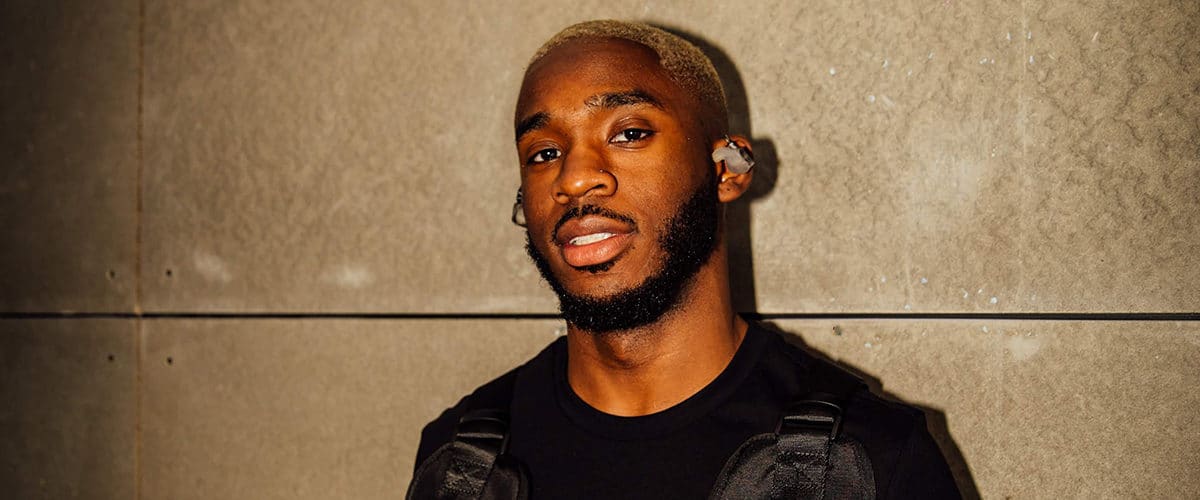Aaron Forbes
Session Guitarist

Session guitarist Aaron Forbes graduated from BIMM University Berlin London’s Commercial Music Performance degree and has since gone on to work with an amazing range of artists including Mabel, Dave, Stefflon Don, Jonas Blue, Not3s and Liam Payne.
Aaron, who started out by playing guitar in church, kicked off his professional career by playing a session with funky house legend Donae’o in 2011. He then went on to start his own music school in Essex, which he ran successfully for three years, teaching and inspiring other musicians. He now continues to teach guitar and has created his own online courses too, helping those from complete beginner to intermediate level to enjoy playing guitar.
Aaron’s advice for BIMM students is to believe in their talent and to focus on their own sound, without comparing themselves to others. “My advice to any students would also be the advice I wish I had received: Don’t see music as a competition,” he says. “We all grow and mature musically at our own pace, so just focus on what makes you musically unique and grow in that. Also, consider your mental well-being as that will – a lot of the time – dictate how far you really think you’re capable of going in this game.”
Aaron’s also been an advocate for greater diversity in the music industry, speaking out and raising awareness about how this is still lacking in the industry.
“I would love to see a music industry that is unashamed in its pursuit of equality, representation and inclusivity,” he explains. “When I look at major mainstream touring pop artists, in particular, who travel with a band, I don’t see a lot of black or brown faces or women. There will usually be one or two amongst a big team, which does not represent the music scene very well, in my opinion.”
“There are some incredibly talented musicians who are overlooked because they don’t fit into the remit of having ‘the look’ that management wanted which, unfortunately for us, is mainly based around having white skin. I never want to hear again that the reason a black or brown musician has lost out on work is because of their ‘look’ – because if we’re talking about clothes, those can always be changed. That being said, I also understand and respect that the industry is based a lot on relationships and trust, so I would like to see bridges built there intentionally, as it is not always easy for a black or brown person to build relationships and be comfortable in spaces that are majority white.”
Photography credit: Peter O’Sullivan












